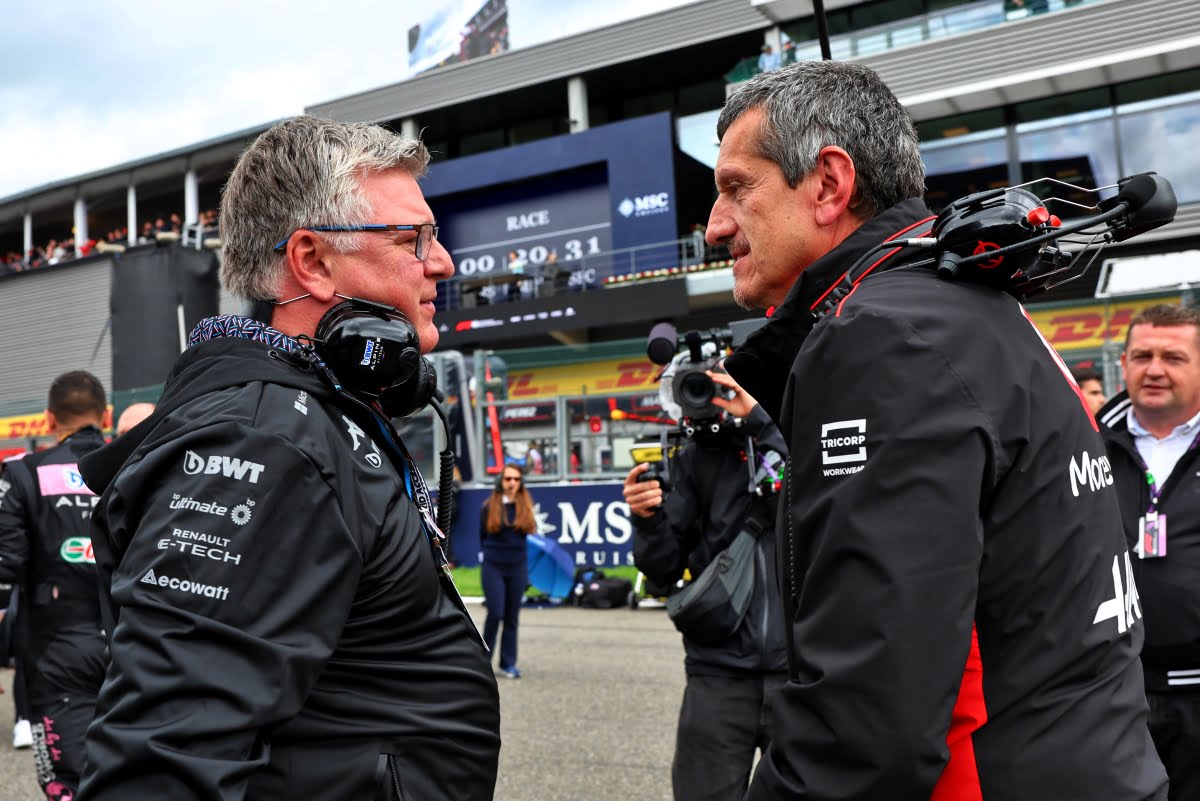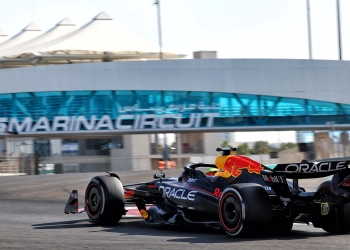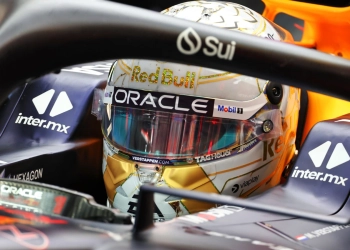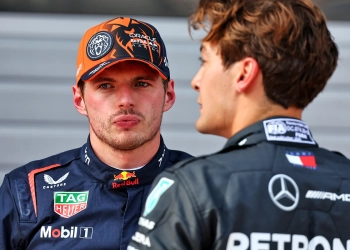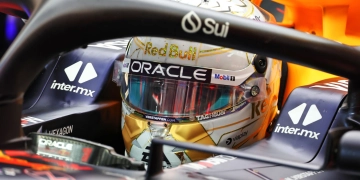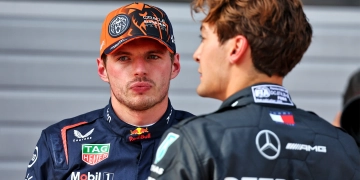Guenther Steiner believes the increasingly high rate of turnover of Formula 1 team bosses is a “new trend” that is reflective of the short-termism associated with football.
Haas announced last week that Steiner, who had guided the American squad since it entered F1 in 2016, had not been retained beyond the end of 2023 as team principal.
The Italian’s unexpected departure, which came after Haas ended last season bottom in the championship, means Aston Martin chief Mike Krack has already become the third-longest serving individual at the helm of an F1 operation despite arriving late in 2021.
The previous winter witnessed an unprecedented plethora of switches made by F1 teams, with a domino effect resulting in Ferrari, McLaren and Sauber all announcing new appointments, while Williams hired former Mercedes strategist James Vowles.
Meanwhile, Alpine’s troubled start to the last campaign saw Otmar Szafnauer, who had only been hired ahead of the 2022 season, egress after the Belgian Grand Prix in July.
Elsewhere, at the end of 2023, Franz Tost retired after 18 years leading Red Bull’s second-string squad, known as AlphaTauri, with Laurent Mekies, ex-Ferrari, taking over.
The veteran Italian’s exit and the preceding swat of changes leave Red Bull’s Christian Horner (2005) and Mercedes’ Toto Wolff (2013) as the only long-serving F1 bosses.
When asked by Autosport to explain his thought process on the reasons for that, Steiner said: “Take Mercedes out because Toto owns 33% – he cannot sack himself!”
He added: “I think it’s that if you don’t perform or if you don’t have the results, it’s the easiest way to do it. “Is it the best way? I don’t know and I’m not trying to [feel] sorry for myself – I had a good run on it. But it’s the thing that seems to be the trend in the moment.”
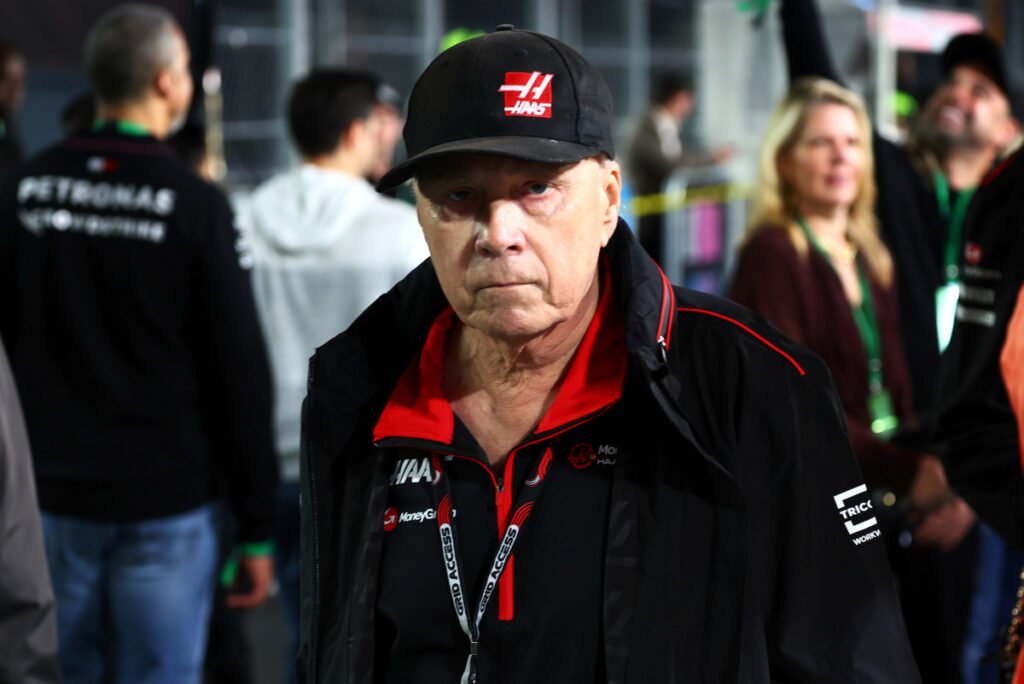
Haas revealed that Ayao Komatsu, formerly Head of Trackside Engineering, will replace Steiner, with team owner Gene Haas noting the swap had ensured that “engineering [is now] at the heart of our management” ranks.
The squad’s decision to hand the reins to a technical mind comes amid McLaren and Williams reaping the rewards last season of installing a similar leadership structure.
But while Williams embarked upon its strongest season since 2017, Vowles took up the position too late to have an impact on the competitiveness of its FW44 charger.
Likewise, Andrea Stella succeeded Sauber-bound Andreas Seidl at McLaren beyond the point where the team had missed development targets with its MCL60 car. The Italian had to spend a period unravelling those troubles before the Woking outfit transcended into a regular podium achiever.
The sport’s evolution into a revolving doors policy at the top level has drawn similarities to the world of football management where a change inspires an instant upturn in results.
But Steiner contends that “some people which own the teams – corporates, individuals – they don’t really understand” that outcome is impossible to attain in F1.
“Formula 1, in 2024, in my opinion, looking at Bahrain this year, it’s pretty late [for a management change to have an impact],” he highlighted.
“You cannot change that anymore – what happens there, it’s done. The damage is done.
“You need to look what are the plans for 2026/2027. And people don’t want to hear that. Because everything is about the next result.
“As you say, it’s not like football where you change a few players and you can make a big difference.
“In Formula 1, you cannot do that. In Formula 1, it’s just I think the understanding is not out there.
“Sooner or later it will come. Because if people change and the vision of the teams don’t change, nothing will change. It’s not about the people anymore, it’s the vision, if you believe in them, and you have to wait it out.”

